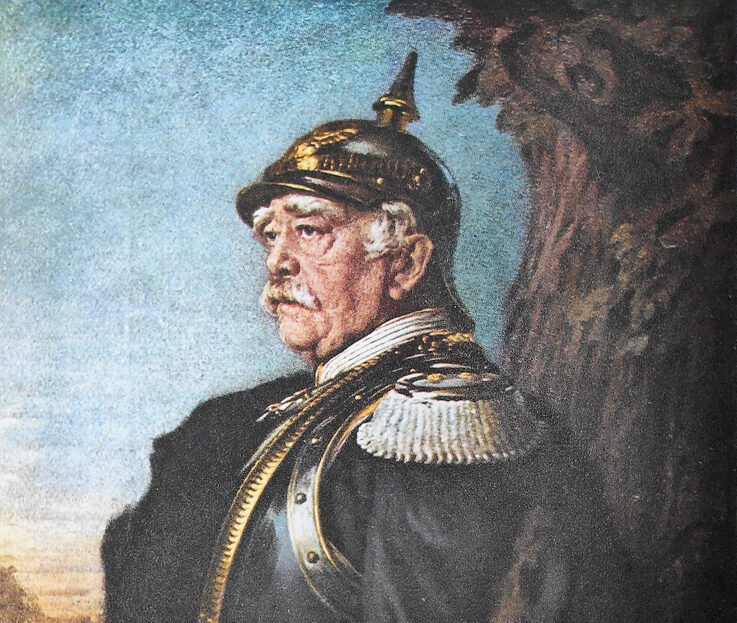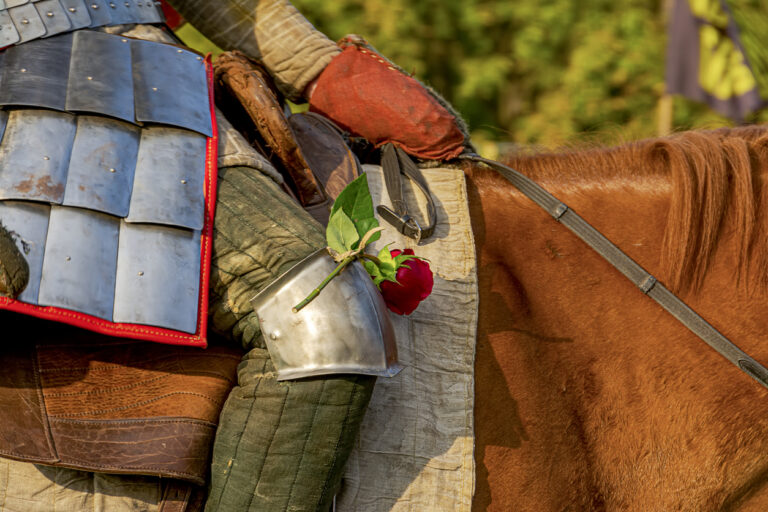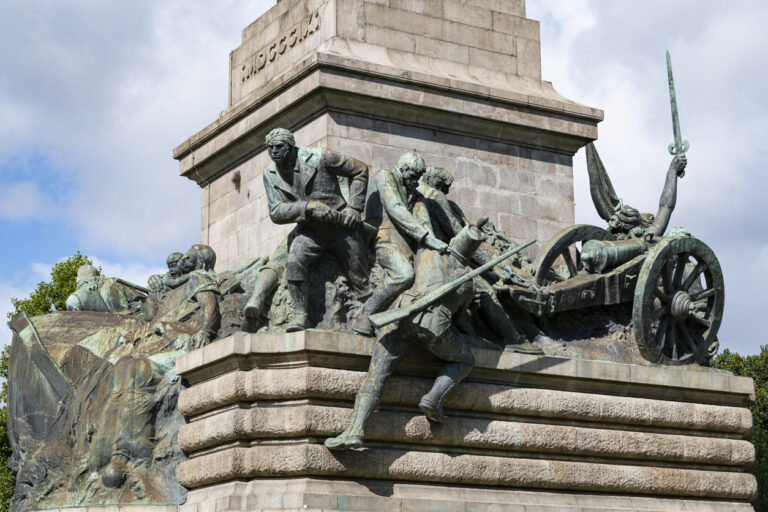One Tuesday, Prime Minister Otto von Bismarck woke up to a beautiful day in the Prussian Empire. He got up and reached for his walking stick. His needle gun hung on the wall above his bed, and the bed was made of the most beautifully carved of the finest Bavarian wood. His sword hung above the door, which led to a passageway in the Imperial Palace in Berlin. When dressed, he went into the hallway toward the King’s court. Suddenly, an advisor ran into him and said hurriedly, “My Prime Minister, the king wishes to see you!” “Why, my friend?” asked Bismarck. “I don’t know, Bismarck.”, the advisor answered. “Let us go find out then.”, said Bismarck to the now embarrassed adviser. They hurried along the hallway, going down steps and through many turns of the palace, before reaching the King’s court. The doors were gilded with Swedish silver and Saxon gold, with ivory from the exotic German colonies in Africa. On the door were the words, “Court of the German Emperor Wilhelm I, ruler of Silesia, Namibia, Wolgast, Szczecin, Denmark, Württemberg, Brandenburg, Saxony-Anhalt, Papua New Guinea, Baden, and Prussia”. The advisor pulled a rope and King yelled, “Who is it?” the advisor answered, “Bismarck!”. The King ordered the guards to open the door and let them in. When Bismarck asked what was wrong, the King answered, “Nothing is wrong. I just want to start a war.”
Bismarck took a moment to process, then said, “With who and why?” The King said, “I want to start a war with France.” Bismarck said, “Okay, you want to start a war with the country with the second most professional and largest army. In addition, the same country has the second most powerful navy, and they defeated us three times in the Napoleonic Wars.” The King responded, “Yes, but we have the third largest but the most professional army. We also have the fourth largest and most professional navy, and they only defeated us because they had Napoleon. In addition, we have defeated Austria, reformed our army and navy, and developed the Prussian Needle Gun.” “Okay, but why?” said Bismarck. The King stated the reasons: “1: they owe us money, 2: they owe us some territory in Eastern France, 3: they want revenge from the Napoleonic Wars, and 4: they are about to declare war on us.” “Well,” said Bismarck, “we will let them declare war on us first.” The King agreed with this and called a meeting of the Prussian generals in the meeting room. The generals sat down and discussed over lunch, deciding in the early afternoon to designate Bismarck to supervise the organization of the troops the next day.
The next day, Bismarck rode his carriage to the train station in Berlin. Great crowds cheered for him as he rode along, and he waved and smiled back. He got out and immediately got on the coach specially designated for him. The train was bound for the main military base on the outskirts of Berlin in Potsdam, where Bismarck would send the main army to the front lines on the border with France. The reserves would be put in military bases around Prussia, most of them being 70 miles from the front lines. The main armies would be divided into corps, with each individual commander in battle. This system was copied from Napoleon’s corps system. The troops entering France would have to live off the land and be transported by trains to maximize speed. They also copied the “living off the land” from Napoleon. The troops were equipped with the best weapons of that time, and most soldiers were experienced fighters from the Austro-Prussian War. The generals were known to be the best in the world, commanding the front-line troops from the best military schools in Europe, all in Prussia.
Within a few weeks, all the troops were in position, just in time. France, worried about the alliance between France and Spain, declared a formal war on Prussia. When the news reached Berlin, the government celebrated. They did this because they knew of the stupidity of the French emperor, Napoleon III, and also knew that they would gain the lucrative Rhine land in war if they won.

The Franco-Prussian War would end in victory for the Prussians, and provided enough legitimacy for the Prussian crown to declare the Empire of Germany.




